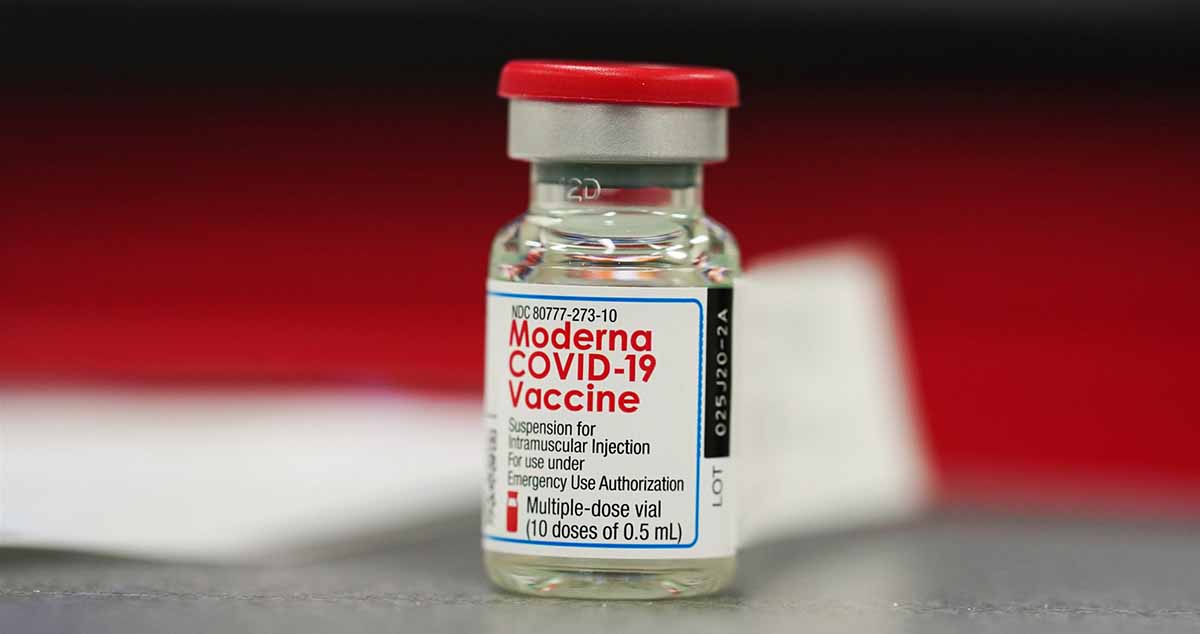Important note: This article is intended for those who understand vaccines as critical to maintaining their health and that of their families. It is NOT intended for those who are anti-vaccine and as such is NOT intended to foster a discussion on the merits of vaccines in this forum. It is also NOT intended to foster a discussion of the lethality of COVID-19 or the need for civic action to limit the spread of the disease.
As of Saturday, over 1.9 million people in the US have received their first of two doses of COVID-19 vaccines with few cases of severe allergic reactions reported according to the Centers for Disease Control (CDC).
There have been a small number of anaphylactic reactions reported, mostly to the Pfizer vaccine which was the first to receive Emergency Use Authorization. All were treated with epinephrine, observed for a time and released with no further reports of complications.
According to the New York Times, the first reaction to the Moderna vaccine — which received Emergency Use Authorization from the FDA on December 19 — was reported on Friday. Dr Hossein Sadrzadeh, a geriatric oncology fellow at Boston Medical Center, said he had a severe reaction almost immediately after being vaccinated, feeling dizzy and with a racing heart.
A statement from Boston Medical issued the same day stated that Dr Sadrzadeh “felt he was developing an allergic reaction and was allowed to self-administer his personal EpiPen. He was taken to the Emergency Department, evaluated, treated, observed and discharged. He is doing well today.” Sadrzadeh carries his own epinephrine auto-injector due to an allergy to shellfish.
While it is as yet unknown precisely which components of the vaccines are causing these reactions, the CDC is focusing on polyethylene glycol (PEG). PEGs are nano-lipids used in both vaccines to encapsulate the active ingredient and deliver it to cells where they are able to prime the immune system.
PEGs, which are used in a wide range of drugs, vaccines, cosmetics, and household products, have been known to cause allergic reactions in very rare circumstances, though how rare is not well known.
The CDC has issued the following guidance regarding COVID-19 vaccination for the allergic community:
What the CDC Recommends
If you have ever had a severe allergic reaction to any ingredient in a COVID-19 vaccine, CDC recommends that you should not get that specific vaccine. If you have had a severe allergic reaction to other vaccines or injectable therapies, you should ask your doctor if you should get a COVID-19 vaccine. Your doctor will help you decide if it is safe for you to get vaccinated.
CDC recommends that people with a history of severe allergic reactions not related to vaccines or injectable medications—such as allergies to food, pet, venom, environmental, or latex—may still get vaccinated. People with a history of allergies to oral medications or a family history of severe allergic reactions, or who might have an milder allergy to vaccines (no anaphylaxis)—may also still get vaccinated.
If you have a severe allergic reaction after getting the first shot, you should not get the second shot. Your doctor may refer you to a specialist in allergies and immunology to provide more care or advice.
Safeguards Are in Place
CDC has provided recommendations for COVID-19 vaccination providers about how to prepare for the possibility of a severe allergic reaction:
- All people who get a COVID-19 vaccine should be monitored on-site. People with a history of severe allergic reactions should be monitored for 30 minutes after getting the vaccine. All other people should be monitored for 15 minutes after getting the vaccine.
- Vaccination providers should have appropriate medications and equipment—such as epinephrine, antihistamines, stethoscopes, blood pressure cuffs, and timing devices to check your pulse—at all COVID-19 vaccination sites.
- If you experience a severe allergic reaction after getting a COVID-19 vaccine, vaccination providers should provide rapid care and call for emergency medical services. You should continue to be monitored in a medical facility for at least several hours.
Learn more about what to expect after getting vaccinated for COVID-19, including normal side effects and tips to reduce pain or discomfort.
CDC Is Monitoring Reports of Severe Allergic Reactions
If someone has a severe allergic reaction after getting vaccinated, their vaccination provider will send a report to the Vaccine Adverse Reporting System (VAERS). VAERS is the national system that collects reports from healthcare professionals, vaccine manufacturers, and the public about adverse events that happen after vaccination. Reports of adverse events that are unexpected, appear to happen more often than expected, or have unusual patterns are followed up with specific studies.
What We Know About PEG, Suspected as the Cause of Reactions to Pfizer’s COVID-19 Vaccine





